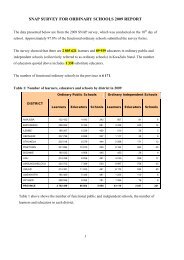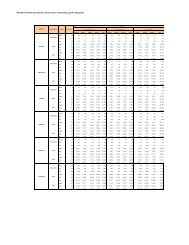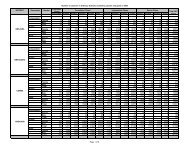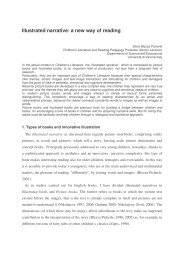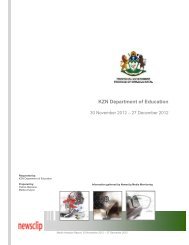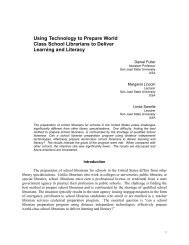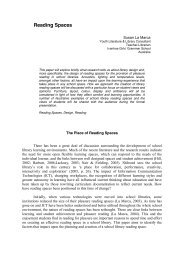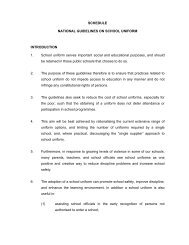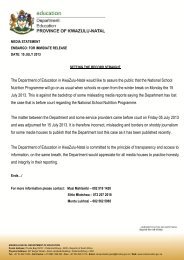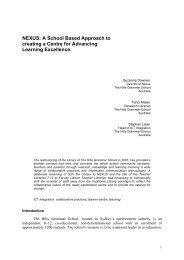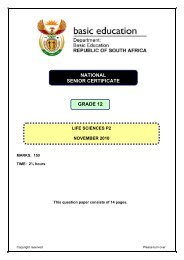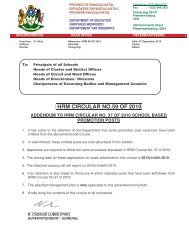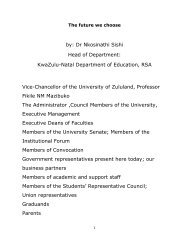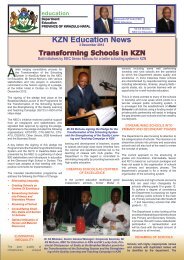History P1 Feb-March 2010 Eng Memo - KZN Education
History P1 Feb-March 2010 Eng Memo - KZN Education
History P1 Feb-March 2010 Eng Memo - KZN Education
Create successful ePaper yourself
Turn your PDF publications into a flip-book with our unique Google optimized e-Paper software.
<strong>History</strong>/<strong>P1</strong> 2 DoE/<strong>Feb</strong>. – <strong>March</strong> <strong>2010</strong><br />
NSC – <strong>Memo</strong>randum<br />
1. SOURCE-BASED QUESTIONS<br />
1.1 The following Learning Outcomes and Assessment Standards will be assessed<br />
in this question paper:<br />
LEARNING<br />
OUTCOMES<br />
Learning<br />
Outcome 1<br />
(Historical<br />
enquiry)<br />
ASSESSMENT STANDARDS<br />
THE ABILITY OF THE LEARNER TO:<br />
1. Formulate questions to analyse concepts for investigation within<br />
the context of what is being studied. (Not for examination<br />
purpose).<br />
2. Access a variety of relevant sources of information in order to<br />
carry out an investigation. (Not for examination purpose).<br />
3. Interpret and evaluate information and data from sources.<br />
4. <strong>Eng</strong>age with sources of information evaluating the usefulness of<br />
the sources for the task, including stereotypes, subjectivity and<br />
gaps in the evidence available to the learners.<br />
Learning<br />
Outcome 2<br />
(Historical<br />
concepts)<br />
Learning<br />
Outcome 3<br />
(Knowledge<br />
construction<br />
and<br />
communication)<br />
1. Analyse historical concepts as social constructs.<br />
2. Examine and explain the dynamics of changing power relations<br />
within the societies studied.<br />
3. Compare and contrast interpretations and perspectives of<br />
events, people’s actions and changes in order to draw<br />
independent conclusions about the actions or events.<br />
1. Identify when an interpretation of statistics may be controversial<br />
and engage critically with the conclusions presented by the data.<br />
2. Synthesise information to construct an original argument using<br />
evidence to support the argument.<br />
3. Sustain and defend a coherent and balanced argument with<br />
evidence provided and independently accessed.<br />
4. Communicate knowledge and understanding in a variety of ways<br />
including discussion (written and oral) debate, creating a piece of<br />
historical writing using a variety of genres, research<br />
assignments, graphics, oral presentation.<br />
Copyright reserved<br />
Please turn over



